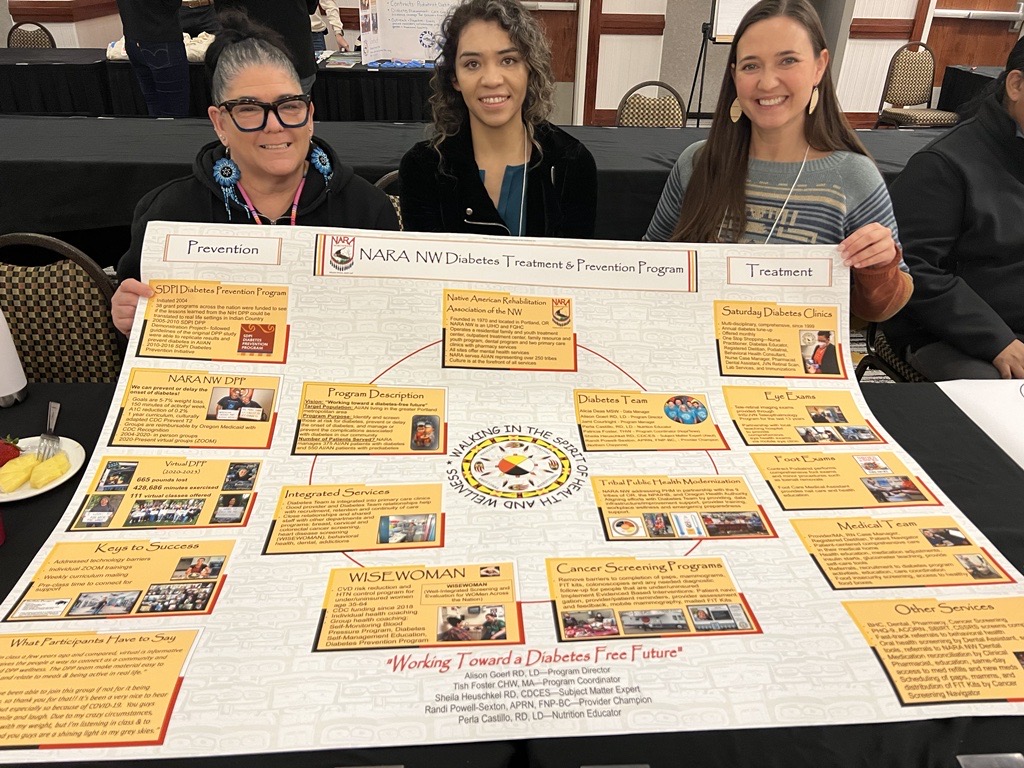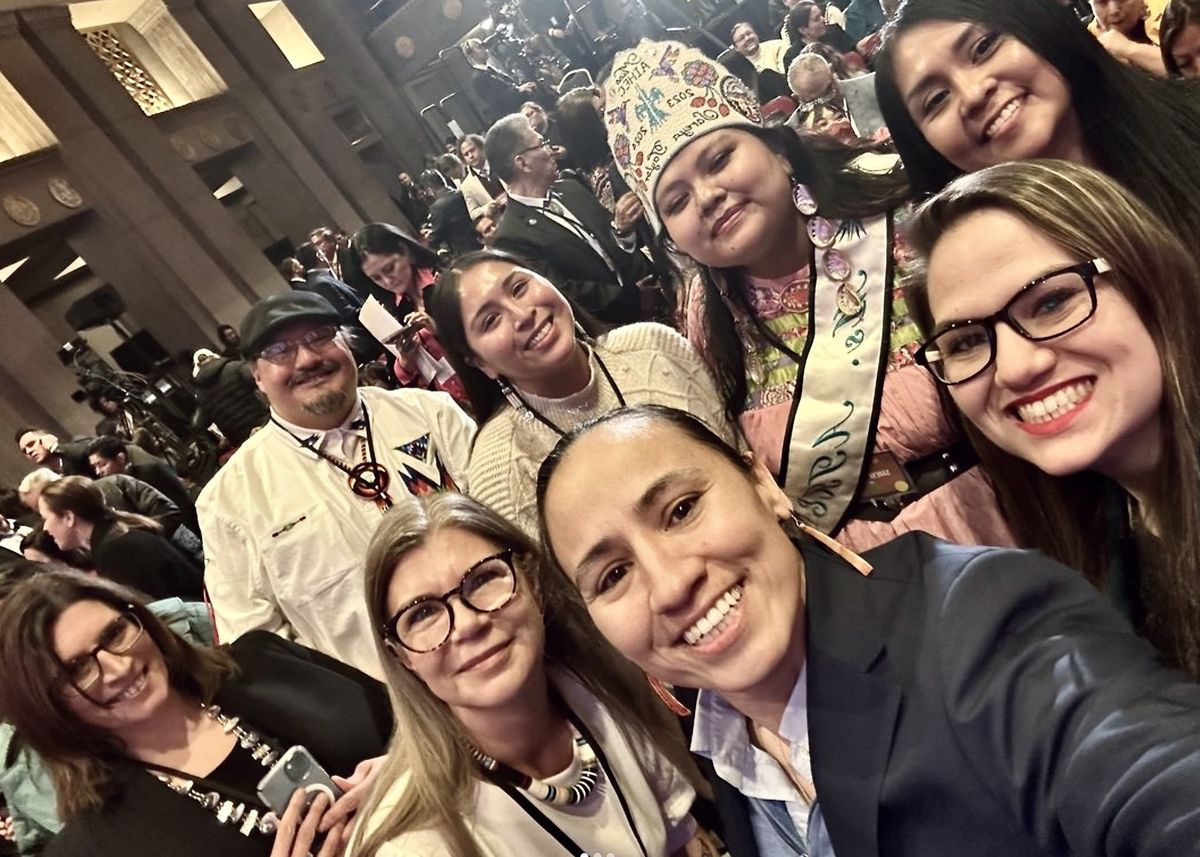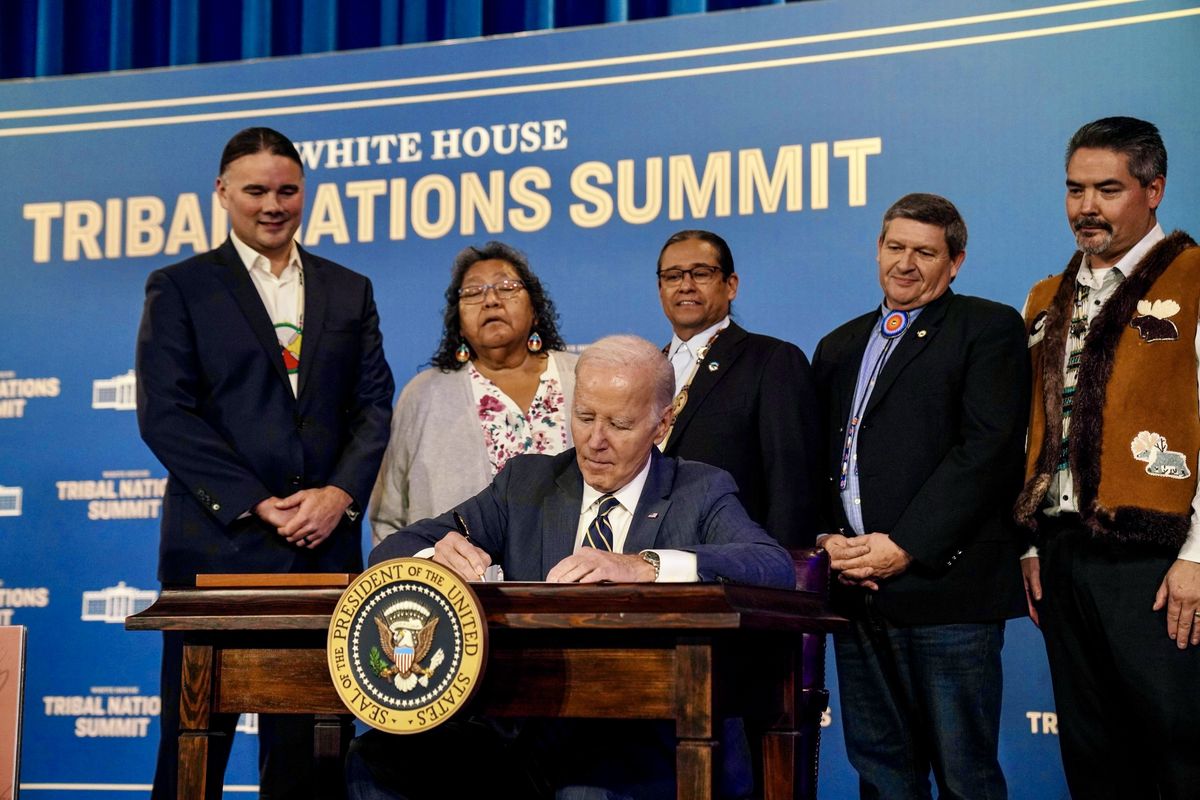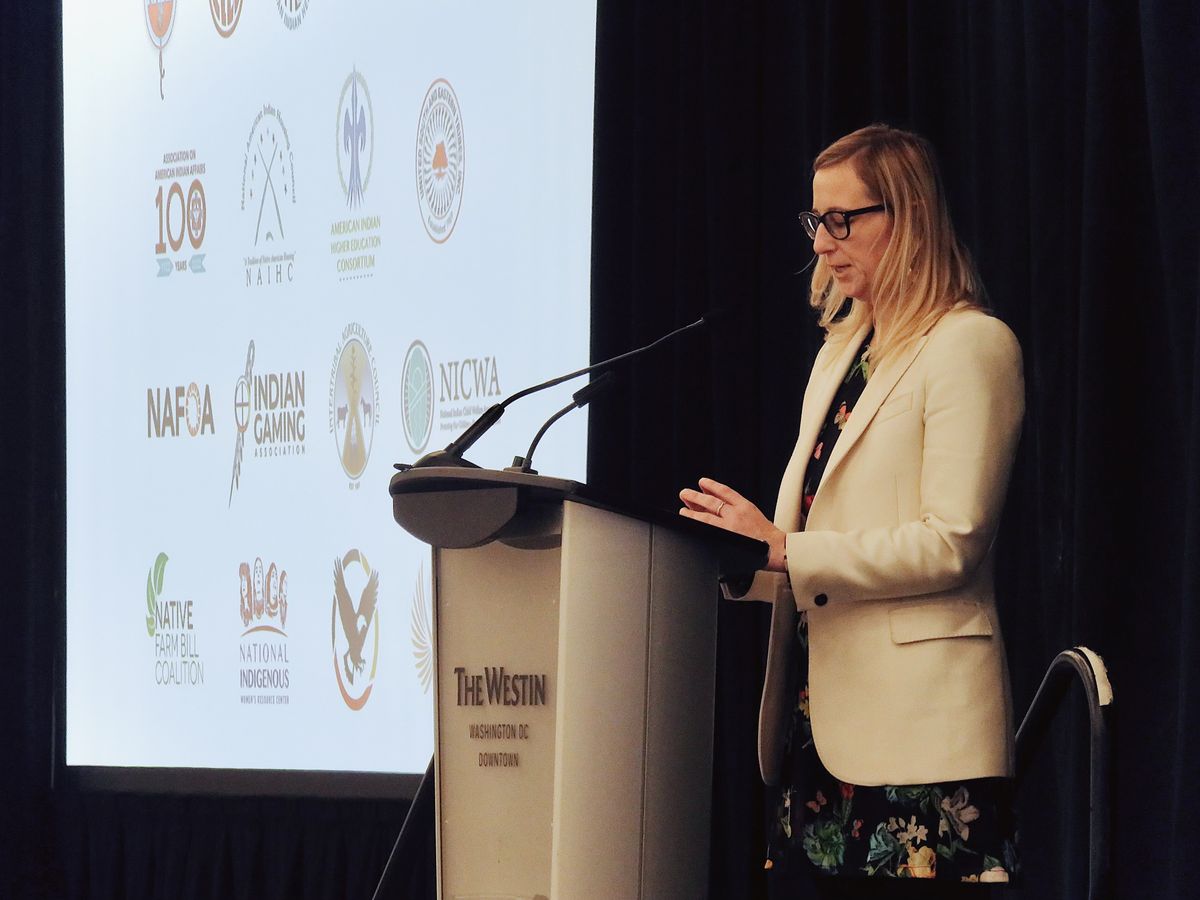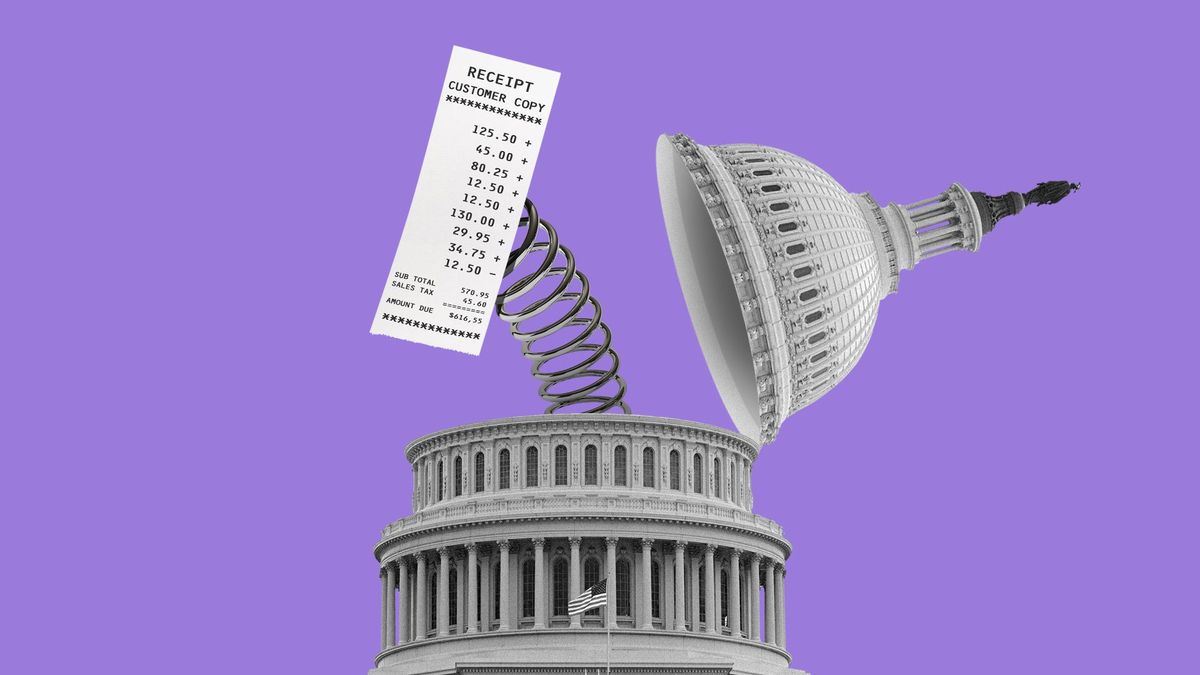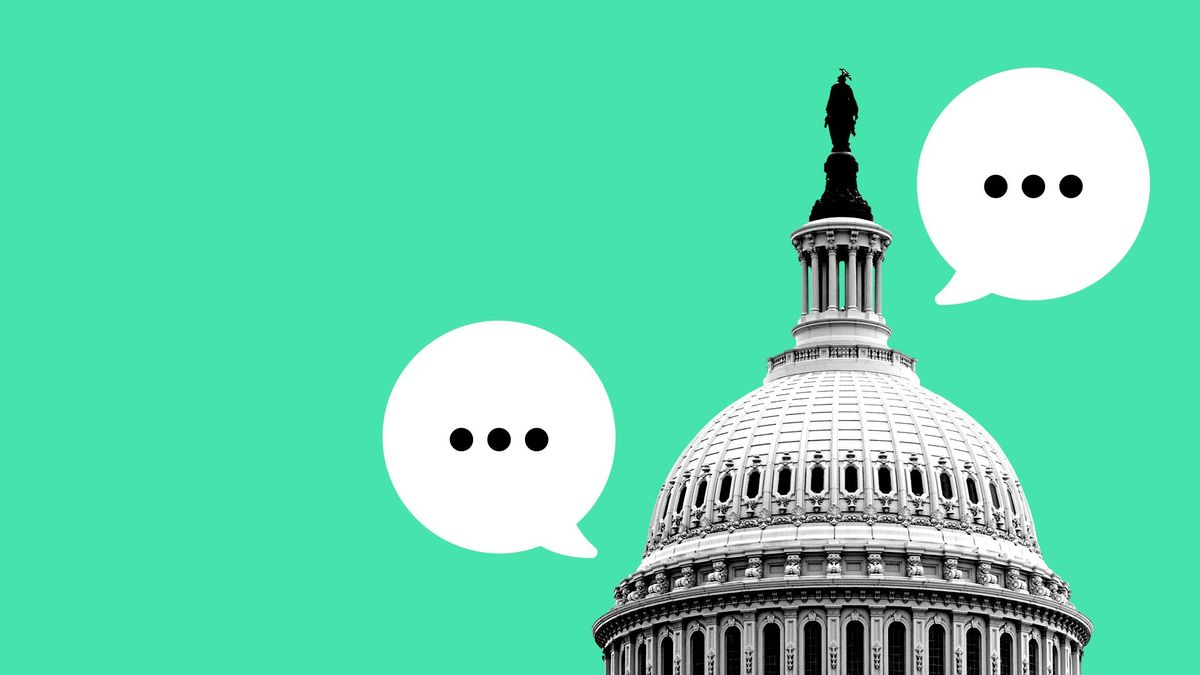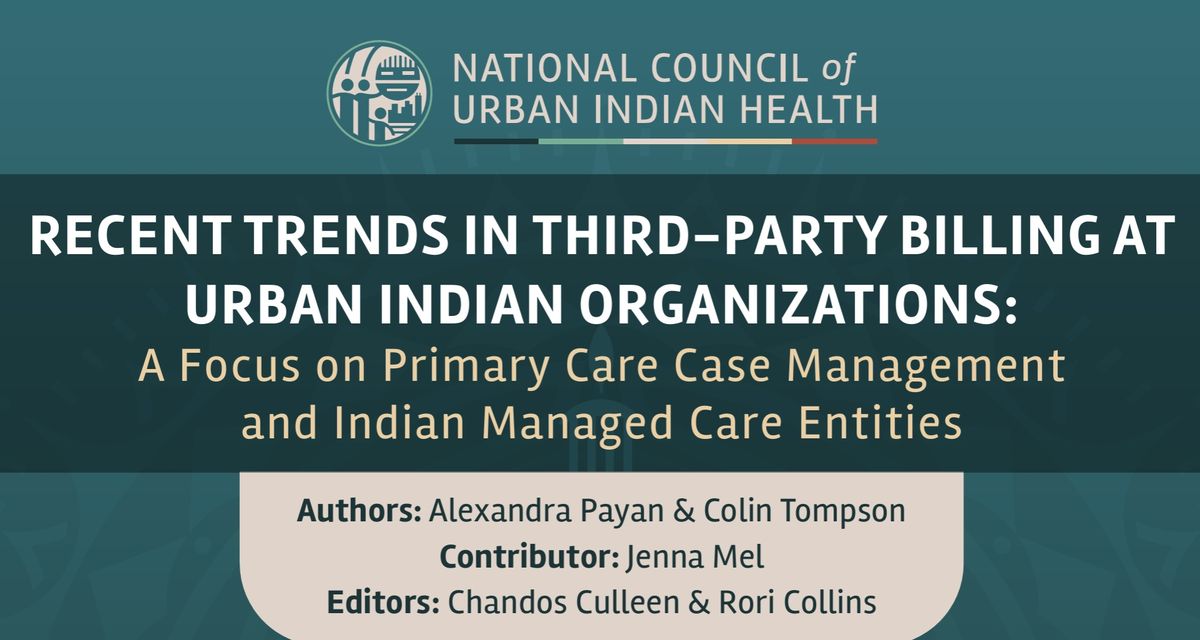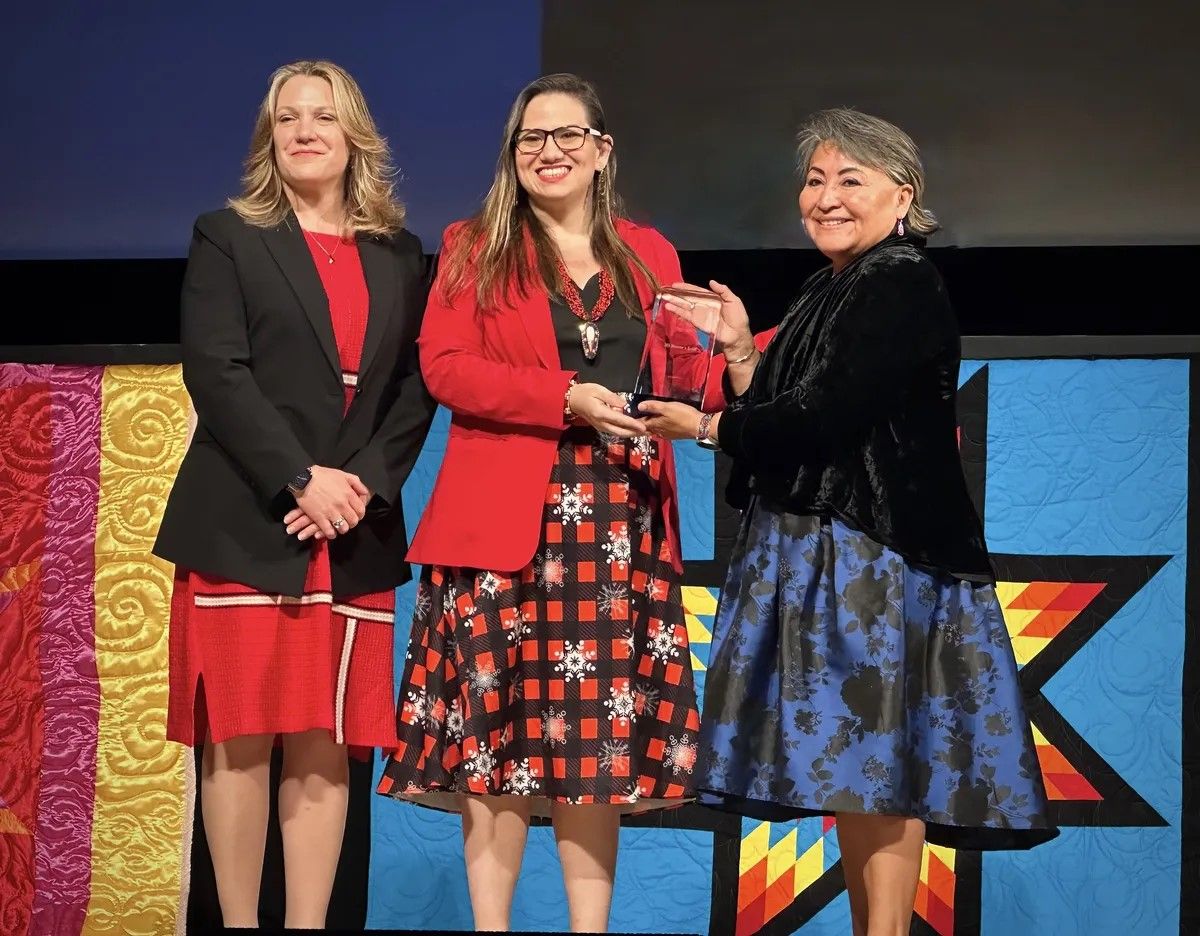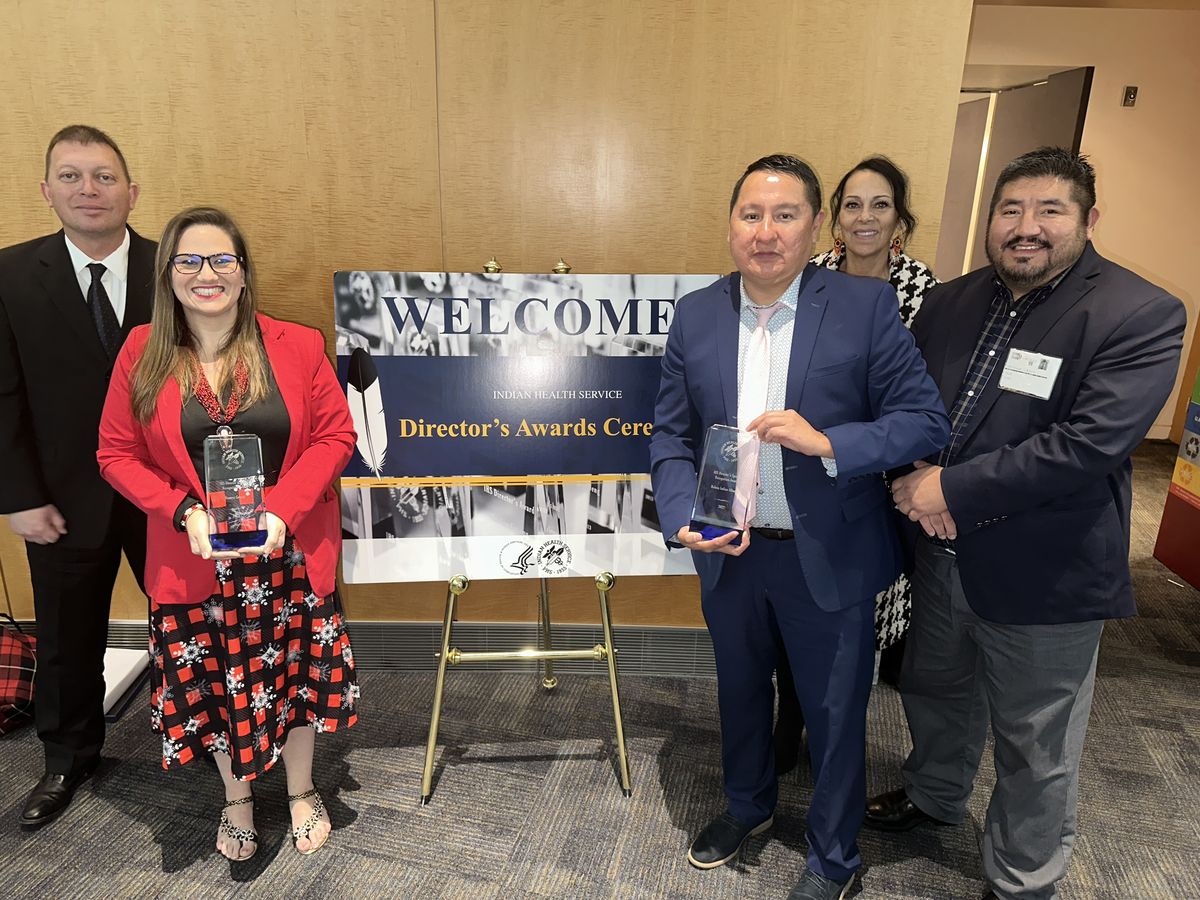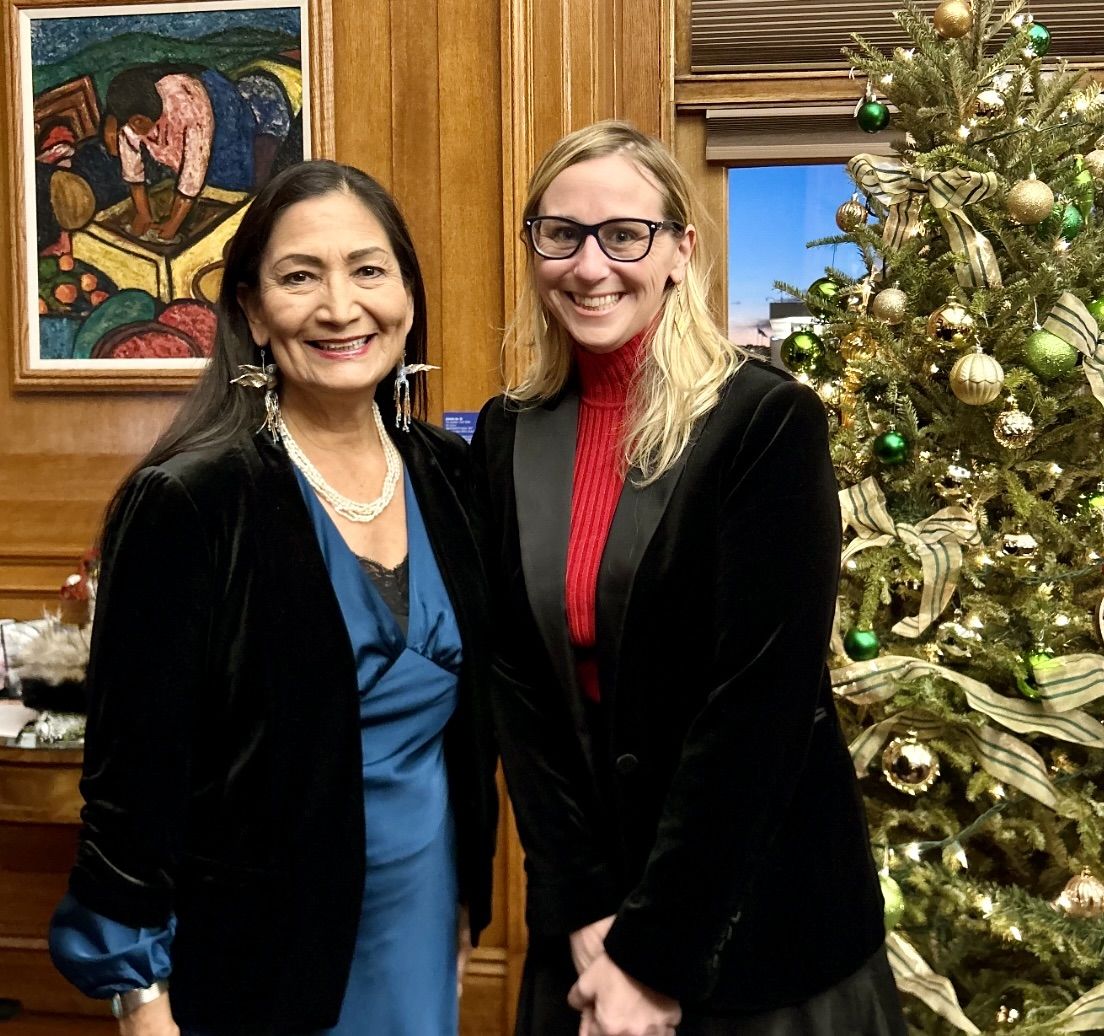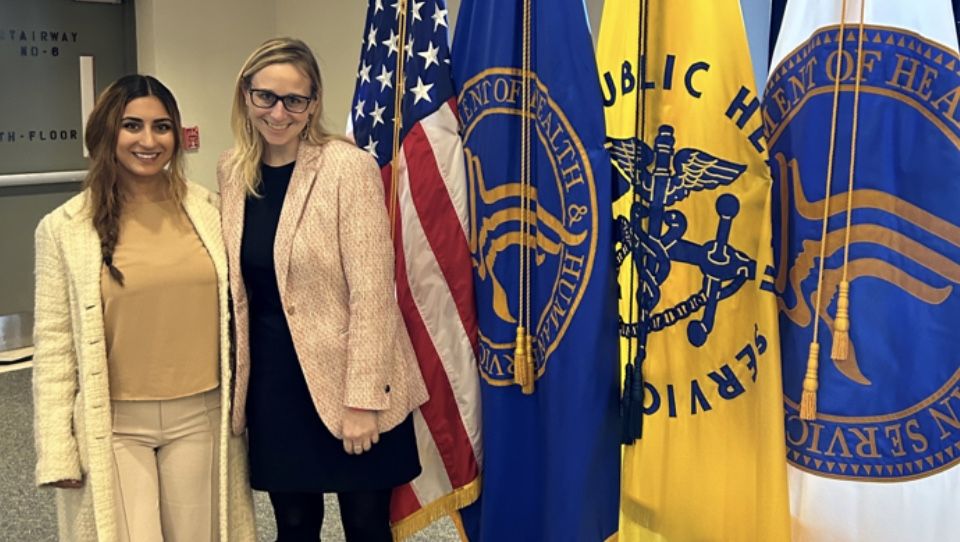Tribal Leaders Diabetes Committee Meeting Highlights Portland Urban Indian Organization’s Exemplary Programming
On December 5-6, 2023, the National Council of Urban Indian Health (NCUIH) represented urban Indian organizations (UIOs) as a technical advisor at the Indian Health Service (IHS) Tribal Leaders Diabetes Committee (TLDC) meeting in Portland, Oregon. During the two-day meeting, committee members discussed the status and future of the Special Diabetes Program for Indians (SDPI), received Portland Area diabetes programming updates and legislative updates, and had a discussion with IHS Deputy Director Benjamin Smith. The SDPI status updates from IHS were crucial as the current continuing resolution (CR) legislation has authorized the program for an additional $25.89 million, for a total of $46 million through January 19, 2024.
TLDC is planning on hosting the next in-person meeting on March 5-6 in Reno, Nevada. Details are forthcoming.
NARA NW, Portland UIO, Recognized for Exemplary Diabetes Programing
During the TLDC meeting, the Native American Rehabilitation Association of the Northwest, Inc. (NARA), a Portland area urban Indian organization (UIO), was recognized for its work on diabetes treatment and prevention. NARA gave a presentation on its Saturday Diabetes Clinics, which started in 1999 and has since emerged as a highly successful program. NARA’s Saturday Diabetes Clinics are a multidisciplinary “one-stop-shop” for diabetes care offered once a month. Because this clinic is offered on the weekends, NARA has been able to increase involvement and attendance in the program with an average of 14-16 patients attending each session.
The monthly clinic offers comprehensive diabetes care, presenting a holistic approach to managing the disease. The process involved various healthcare professionals and services, beginning with a pharmacist and medical assistants to facilitate annual labs and vaccines. Patients also consult with an ophthalmologist, podiatrist, medical provider for a thorough review of the disease management and medication use, and a dietitian for personalized coaching lasting 20-30 minutes. Additionally, behavioral health support is provided, recognizing the often co-occurring challenges of diabetes and depression. The clinic integrates a cancer screening indicator and hosts a semi-annual eye exam clinic offered by the local university. Furthermore, dental services are offered, contributing to the overall well-being of the patients. The innovative and comprehensive nature of NARA NW’s Saturday Diabetes Clinics garnered enthusiastic support from TLDC members, who expressed their excitement and interest in replicating the model within their own Tribes.
Special Diabetes Program for Indians Updates and Planning
The current CR legislation has granted authorization for SDPI, allocating $46 million for the fiscal year (FY) 2024 until January 19, 2023. However, the full authorization for SDPI in 2024 remains pending, awaiting further legislative action. In response to the evolving funding landscape, the IHS has made decisions to optimize available resources. A portion of the one-time, unobligated SDPI funding, combined with the allocated $46 million from the FY2024 CR, will be utilized to fund all grant recipients for the first six months of the 2024 grant year, extending until June 20, 2024. The total available funds for this initiative amount to $69.5 million.
IHS has also initiated the implementation of another program, SDPI-2. This new grant program aims to extend SDPI funding to Tribes and UIOs that do not currently have an SDPI grant. Funded using unobligated and prior-year SDPI grant funding, SDPI-2 is structured as a four-year grant program. The application review process for SDPI-2 officially started on December 4, 2023 with the anticipated date for grant awards set for January 13, 2024. IHS noted that 9 applications were selected with one applicant being a UIO.
Members of TLDC discussed the potential funding outcomes for SDPI. These options included the reauthorization of SDPI with an allocation exceeding $150 million for one or more years, reauthorization at $150 million for one or more years, a scenario where SDPI is reauthorized with $147 million (reflecting a 2% reduction due to sequestration) for one or more years, and the possibility that SDPI may not be reauthorized at all.
Background on TLDC
The IHS Director established the TLDC in 1998. The TLDC makes recommendations to the IHS Director on broad-based policy and advocacy priorities for diabetes and related chronic conditions as well as recommends a process for the distribution of SDPI funds.
The TLDC consists of the following members:
- One elected or duly-appointed Tribal Leader from each of the 12 IHS Areas serves as the primary representative.
- Each Area also designates an alternate member to serve when the primary member is unavailable to do so.
- TLDC elects one of its members to serve as the Tribal Co-Chair
- One federal representative, who serves as the Federal Co-Chair
- One technical advisor from each of the following American Indian/Alaska Native organizations serves in an advisory (non-voting) capacity to the TLDC: Direct Service Tribes Advisory Committee, National Congress of American Indians, National Council of Urban Indian Health, National Indian Health Board, and Tribal Self-Governance Advisory Committee.

